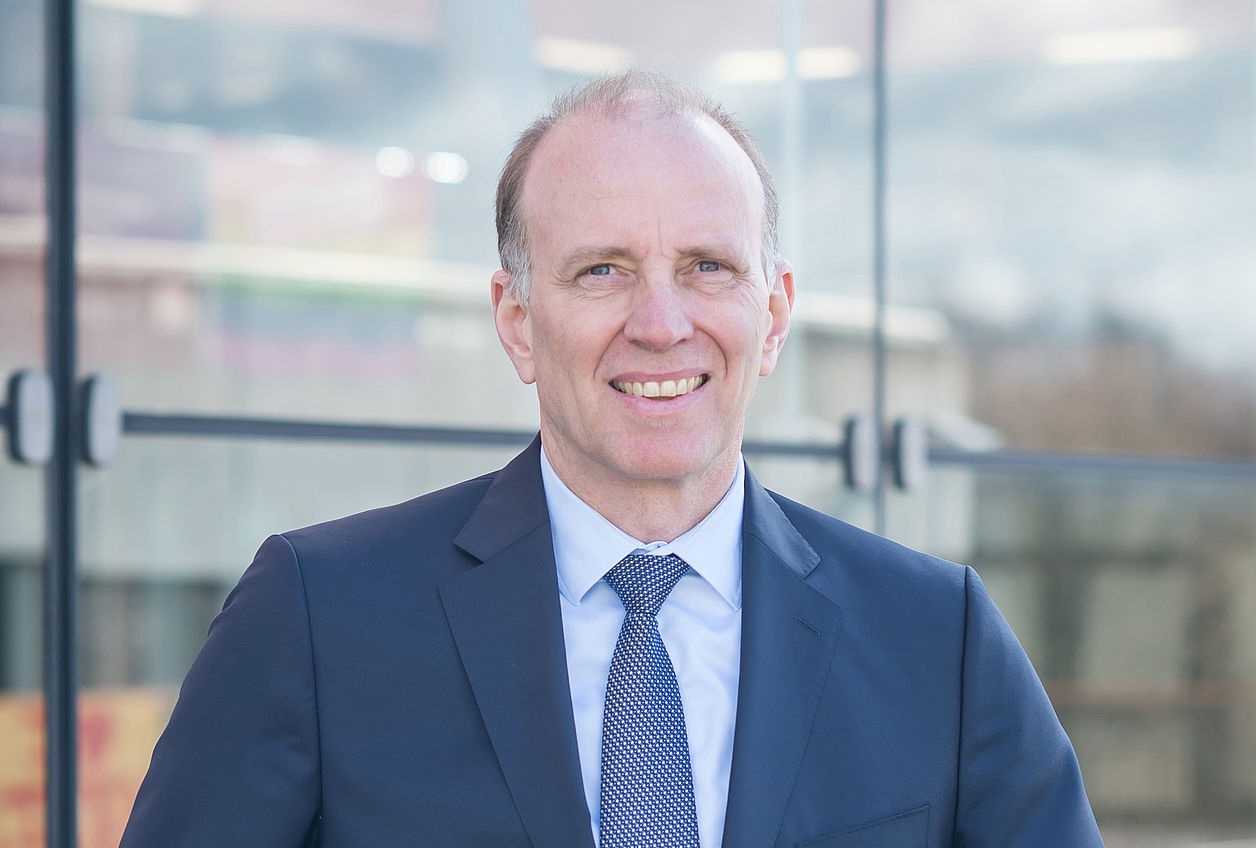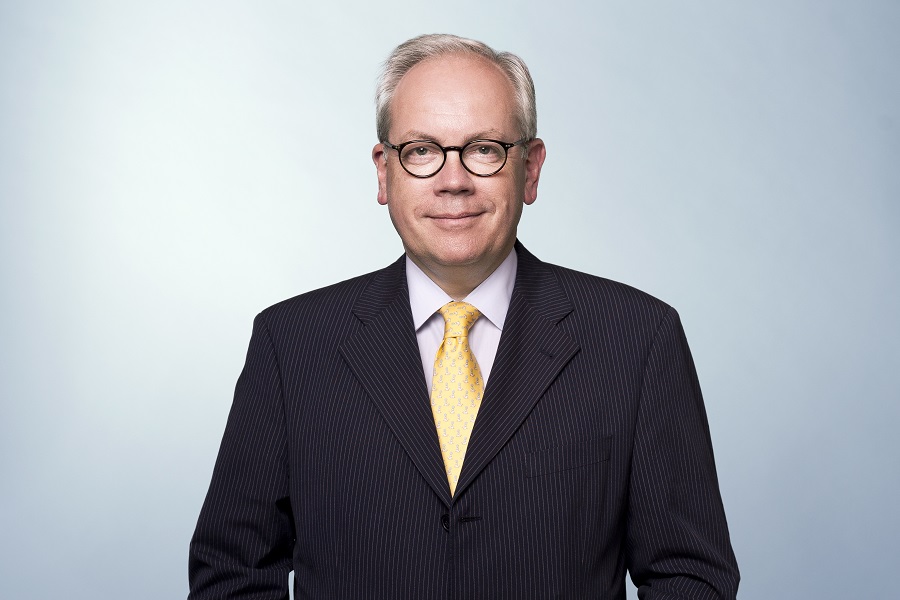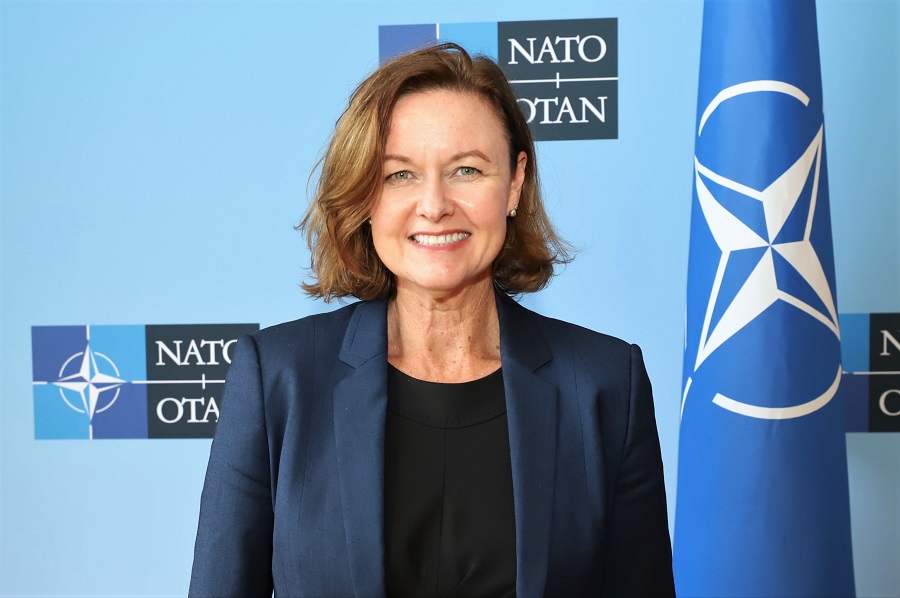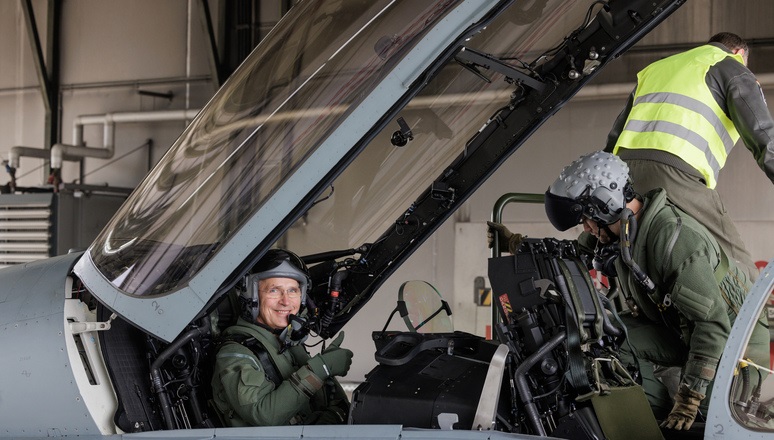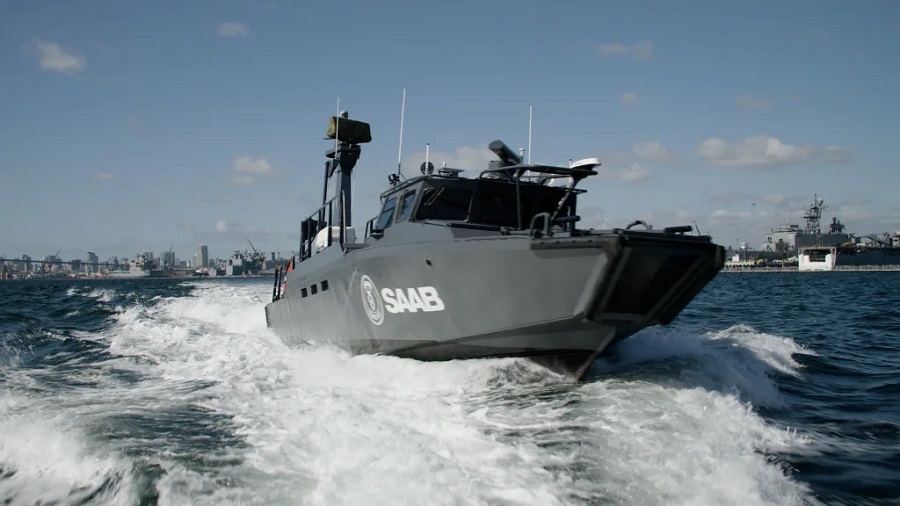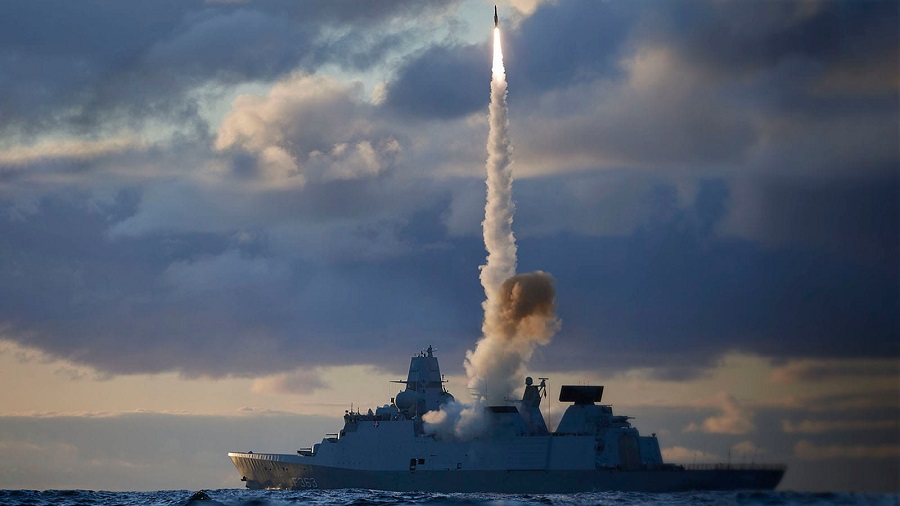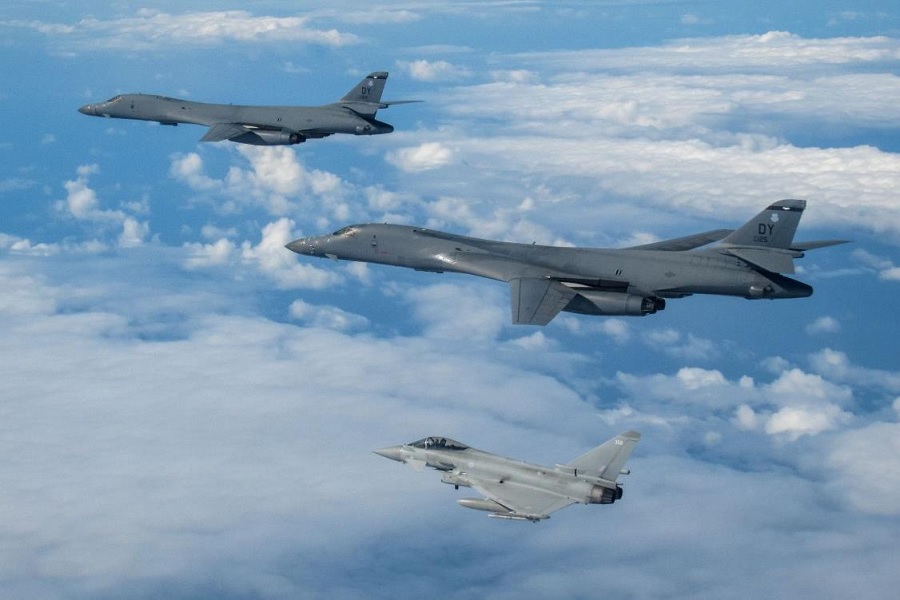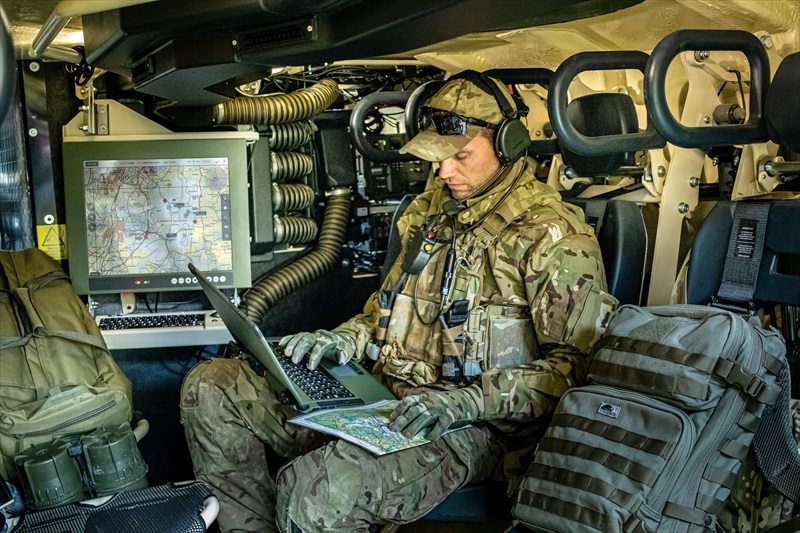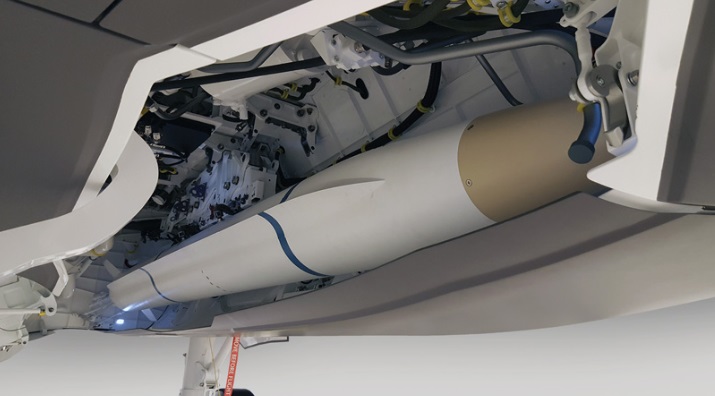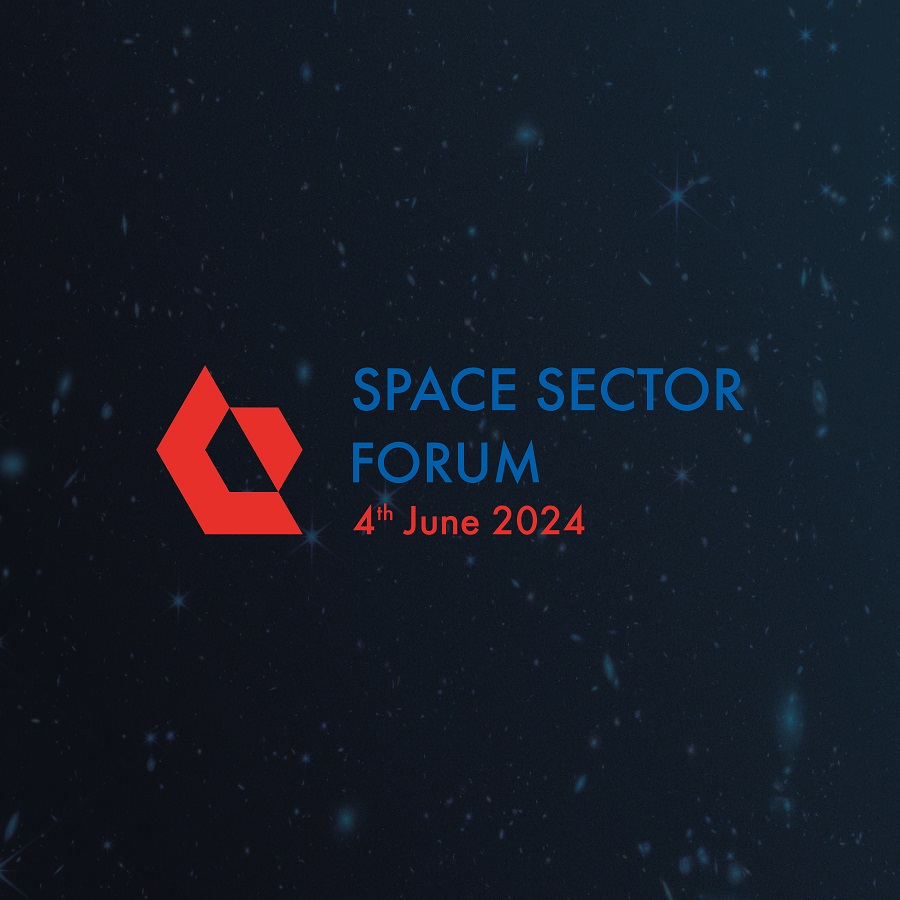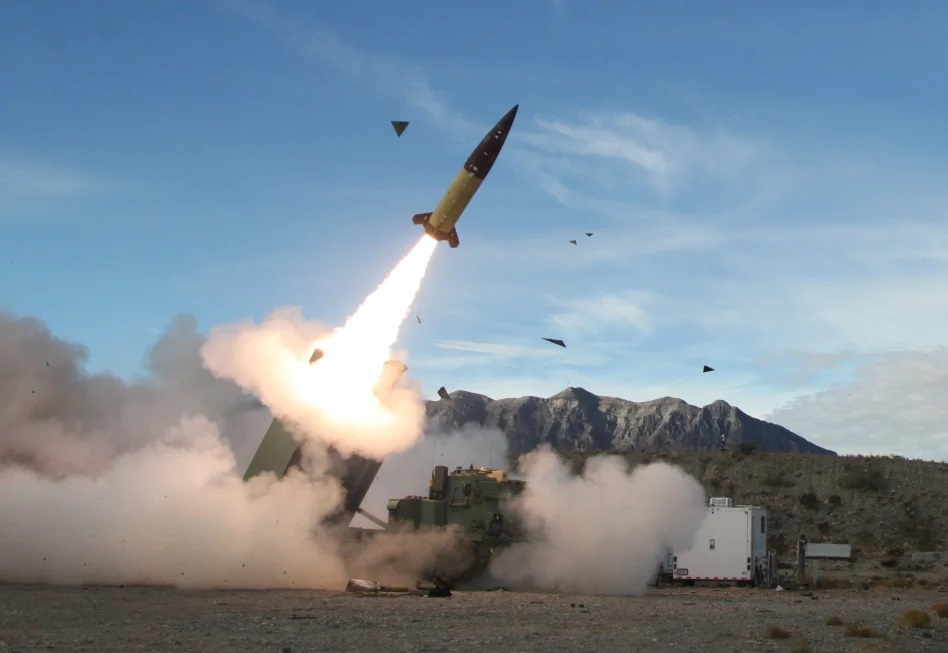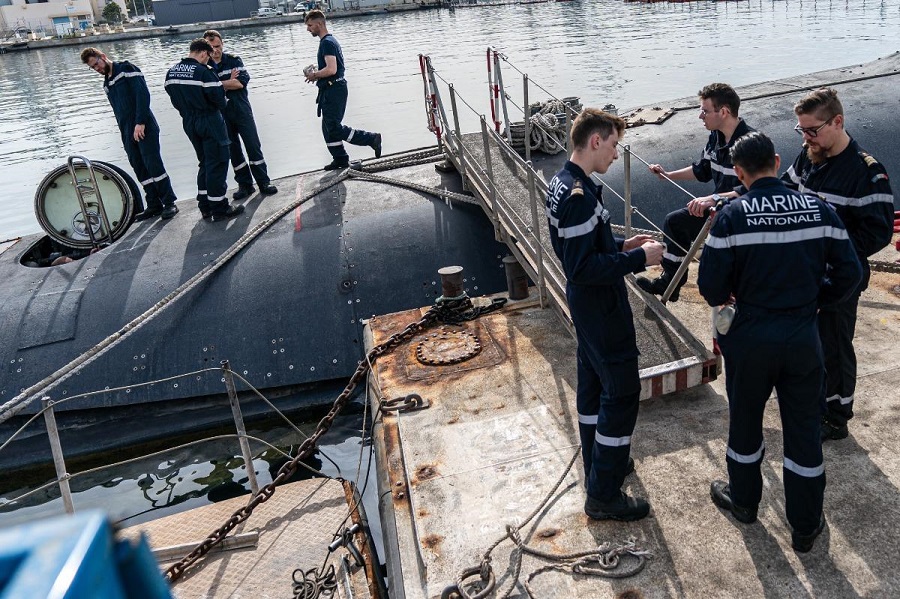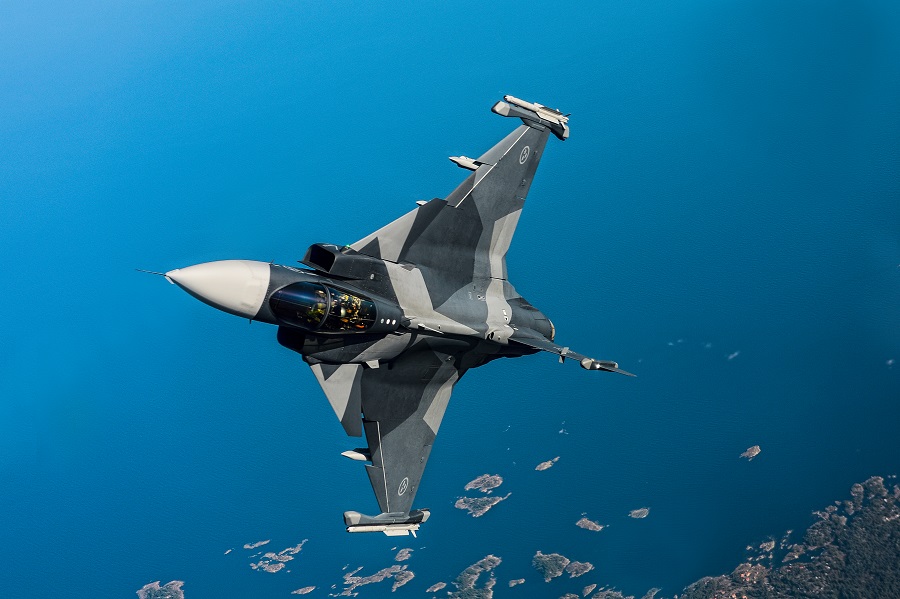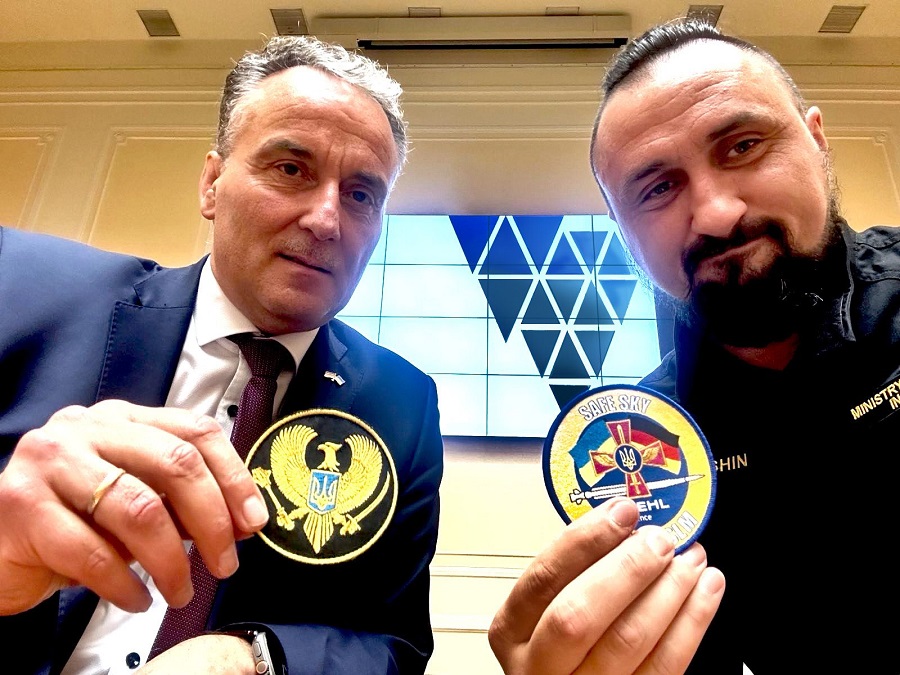Germany contributes the largest share to the ESA budget
As the owner of a space company from Germany, however, I am of course particularly pleased that the Federal Republic is contributing the largest share of the ESA budget, EUR 4 billion, as it did at the last ESA Conference in 2019, at just under 21 per cent. This is important because it demonstrates the Federal Government’s claim to technological leadership. This claim is of enormous importance for Germany as a space location, for the companies in the industry and for the thousands of highly qualified specialists. Only if companies from Germany participate in research and technology testing at an early stage will these companies also participate in later major projects and missions. And only in this way will Germany remain an attractive location for top talent from all fields of high technology. I would like to thank the Federal Minister of Economics, Robert Habeck, and the Federal Government’s Aerospace Coordinator, Anna Christmann. Through their presence at the conference, both sent a strong signal that the German government is serious about its commitment to Germany as a space location.
Space provides important strategic information
However, the clear signal sent out by the ESA conference in Paris also has a very, very serious background: whether it is the Ukraine war, the energy crisis or the climate crisis – space technology offers important strategic contributions to the enormous challenges of our time. Space has long since ceased to be a field in which states compete to see who can build the most powerful rockets, as it was during the Cold War. Space has become an integral part of the provision of public services. The existing satellite infrastructure ensures that the economy and society function efficiently and comfortably. It provides data in the fight against climate change and ensures that dependencies are reduced and sovereignty is created.
The latter will be achieved primarily through the Secure Connectivity programme, a constellation of satellites that will provide secure and autonomous communications. This is particularly important if connections on the ground are disrupted or destroyed by war or sabotage. It is a very important signal from Germany to support the programme with EUR 189 million. For OHB, this is an opportunity to compete for this project. It is also very gratifying that Germany is also supporting the development of strategically important key technologies such as laser communications or quantum encryption for satellite-based data transfer. These technologies will enable Europe to act more securely and autonomously in the future.
As in 2019, Germany will retain its leading role in the operational European Earth observation program Copernicus – it will participate with around EUR 185 million and thus contribute 30 percent of the budget. Over the next three years, the focus will be on developing or refining new satellites for climate monitoring and climate protection. OHB is currently developing the CO2M programme, a satellite system capable of recording and quantifying carbon dioxide in the atmosphere. I am very confident that we will be able to make an important contribution in this area as well in the future in order to provide science and politics with even more sound data via newly developed and improved technologies.
Germany has also made a very strong impression in the field of exploration, i.e. the study of outer space. This ranges from the continued co-financing of the ISS to the exploration of the Moon and Mars. Mars is of particular interest to us as OHB has been involved in the various ExoMars missions from the very beginning. Most recently, as is well known, the ExoMars 2022 mission had to be canceled due to Russia’s war of aggression on Ukraine. I am very pleased that the ESA countries have now decided to resume the mission with a new constellation of partners and to launch it in 2028. OHB developed and built the carrier module and important parts of the analysis unit in the Mars robot for the mission. We are determined to contribute our expertise to this mission as well. And we also intend to participate in the exploration missions to the Moon which have been decided on. ESA has decided to commission the construction of its own lunar lander. NASA’s Artemis 1 mission and the enthusiasm surrounding it among the public shows that there is once again a great yearning to return there more than 50 years after the last landing.
A strong European signal
Overall, the ESA Ministerial Council Conference was special in that Europe’s strong signal for a global leadership role in space flight was not necessarily to be expected. I am particularly pleased that Germany has acted as a driving force in this. For despite the enormous costs caused by the energy and climate crises, despite the uncertain economic situation due to the consequences of the war in Ukraine, the decisions taken in Paris have made it clear: space and its technologies have become indispensable for an efficient economy, for growth and prosperity, but above all for security and independence in the years to come.
This article was originally published on OHB SE website.


